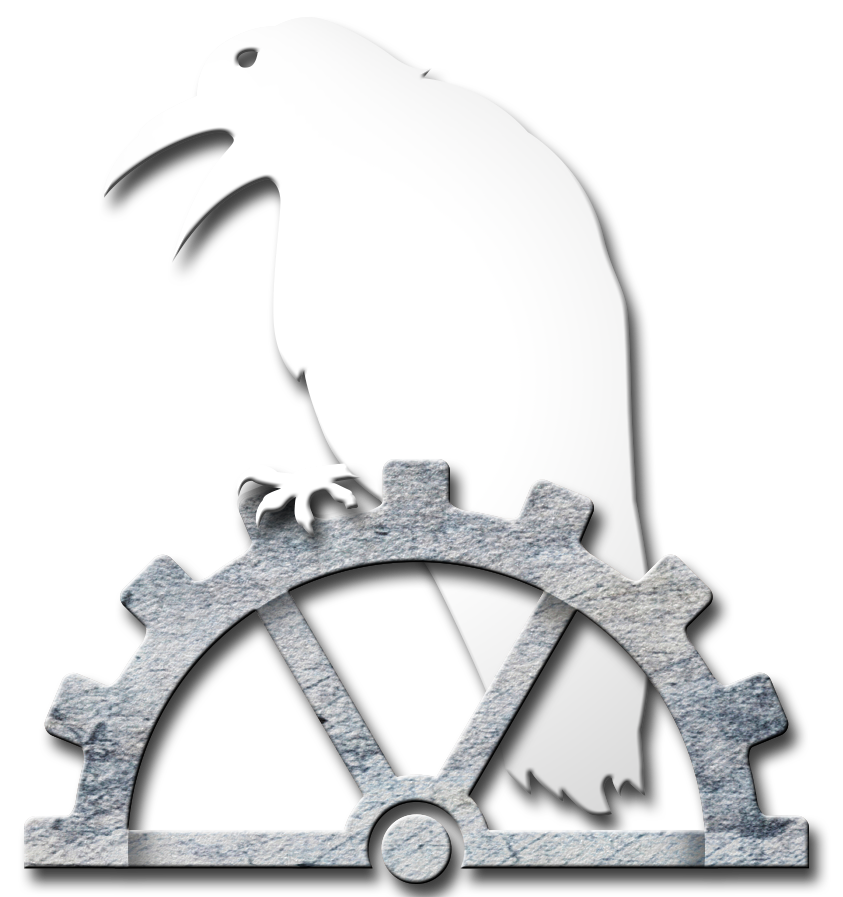 BY MEGAN OLIPHANT
BY MEGAN OLIPHANT
So You’re Writing A Book: Where to Go For Advice
As with most things in life, there are always people to tell you how to do things. Writing is no exception. There are thousands of books written about it, all kinds of “how-to” articles and innumerable blog posts. There are almost as many ways to write as there are writers.

In all the noise and confusion, however, there are certain things you can look for to help you:
- Someone who has published a lot. They will have the experience of working the process that newer writers lack. Several bestselling novelists have written their version of how to write.
- A book that gives general guidelines rather than dogmatic commandments. Any book that says “This is the only way to do it” is really saying “This is the only way the process worked for me”. Be leery of such types of advice. Look instead for writing advice that leads you to your own conclusions that are best for your novel or story.
- A strong, succinct writing style guide. The rules of grammar are hardbound. Not understanding the proper use of a semicolon or the difference between “lay” and “lie” will undermine your effectiveness at sharing the story you want to. Knowing the rules, internalizing them, will mean that if you need to, you can break a rule here and there for stylistic reasons that will enhance your story, rather than detract from it.
 So in those thousands of books and countless blog posts and articles, where do you start? I have three books that I recommend.
So in those thousands of books and countless blog posts and articles, where do you start? I have three books that I recommend.
- Orson Scott Card’s Characters and Viewpoint. This helps with some truly fundamental things you need to understand to build a story, including the pros and cons of the different viewpoints, such as 3rd limited vs. 1st person. I’ve read it multiple times and each time I learn more.
- The Complete Writer’s Guide to Heroes and Heroines: Sixteen Master Archetypes by Tami D. Cowden, Carolyn LeFever, and Sue Viders. This one shows you how to build your characters, giving them the many facets they need to become well rounded. It also will help you to figure out how they may react with other characters that are very different from them, whether you are building a romantic relationship or a superhero and his sidekick. Or her arch nemesis. It lays it out so you can figure out for yourself how your characters might behave.
- The Chicago Manual of Style by Chicago University Press. This is actually the online guide, to which you can buy a subscription. I think it’s a critical must have, because as many times as people say there are rules, English is a living language, and therefore will make changes accordingly. That change will be slow sometimes, and it won’t change as quickly as the dictionary with its new words every year, but it does change. If you’d rather have the book, you can order that as well.
 So you can add this blog post to all those other out there, and honestly, we all find our own paths to publication, as many paths as there are people. It is a subjective art, after all. But I have found these books to be invaluable to write the best way possible, so our mistakes don’t get in the way of the story.
So you can add this blog post to all those other out there, and honestly, we all find our own paths to publication, as many paths as there are people. It is a subjective art, after all. But I have found these books to be invaluable to write the best way possible, so our mistakes don’t get in the way of the story.
Megan Oliphant has studied creative writing since college, taking classes from the founder of LTUE, Marion K. “Doc” Smith at BYU and attended Orson Scott Card’s Literary Boot Camp in late June. Her primary interests are in fantasy, ranging from dark urban to high epic, but she’s a sucker for a good mystery that she can’t guess the ending to before she gets there. She divides her time between reading, writing, and “familying” with her husband and five children in North Carolina.
Megan joined The X Team in May of 2014. Her first project, Accidental Apprentice by Anika Arrington, is slated for release in September of 2014. She is project lead on Darkness Rising, a young adult fantasy by Elizabeth Lunyou, slated for release in 2015.
